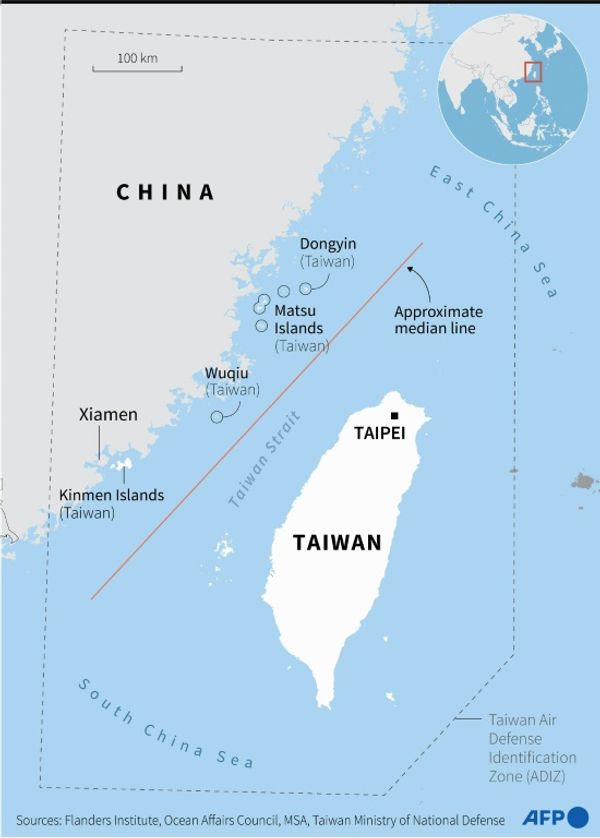
Mask, social-distancing, and meatless meals?
If you’re looking to avoid COVID-19 infection and its potential long-term consequences—especially during this winter's "Pirola" JN.1 surge—you may want to rethink your diet, according to new research published in the British Medical Journal.
Scientists surveyed hundreds of Brazilians between March and July 2022, querying them about their weight, height, health conditions, physical activity, and eating habits. They also inquired about how often participants were knowingly exposed to COVID, how many times they were infected (if at all), their symptoms, how long they lasted, and what preventative measures they took (if any) during that time, in addition to if they’d been vaccinated against the disease.
People who followed a plant-based diet—like vegetarians, lacto-ovo-vegetarians, and “flexitarians,” who consume meat no more than three times per week—were 39% less likely to contract COVID compared to omnivores. Researchers came to this conclusion after correcting for other potentially influential factors like BMI, pre-existing medical conditions, and physical activity levels, according to the paper, published late Tuesday in BMJ Nutrition, Prevention, & Health.
“Our results suggest that a plant-based diet and mainly vegetarian diet may be considered for protection against infection with COVID-19,” the authors concluded.
Such a diet didn’t appear to reduce the duration, severity, or symptoms of infection.
Why a vegetarian diet could lower your COVID risk
The new study is merely observational and can’t prove causation. Still, a diet rich in vegetables, legumes, and nuts—and low in dairy and meat—may help keep COVID at bay.
Those who follow such a diet are less likely to be overweight or obese, less likely to have cardiometabolic health conditions like type 2 diabetes and high blood pressure, and more likely to include regular physical activity in their schedules—all factors that can help prevent against COVID infection, symptom severity, and extreme outcomes like hospitalization and death.
Still, even when these factors are accounted for, plant-based diets appear to offer additional health benefits when it comes to COVID. That’s likely due to the immune-boosting properties of such diets, the authors surmised. The immune system requires an adequate amount of antioxidant enzymes, vitamins, and peptides to function properly—all of which are available in spades in a plant-based diet. So are phytosterols and polyphenols, both of which exhibit antiviral properties.
A couple of additional studies—both published in BMJ publications in 2021—have come to similar conclusions. One study, led by a Johns Hopkins-based research team early in the pandemic, found that front-line healthcare workers from France, Germany, Italy, Spain, the UK, and the US who followed plant-based diets had 73% lower risk of developing a moderate-to-severe case of COVID. Those who followed a largely plan-based diet, with some fish, poultry, and/or red meat, were 59% less likely to develop such a case of the disease.
Another, led by a Harvard-based team, found that a diet high in healthy plant-based foods appeared to lower the risk and severity of COVID infection, especially among individuals of lower socioeconomic status.






